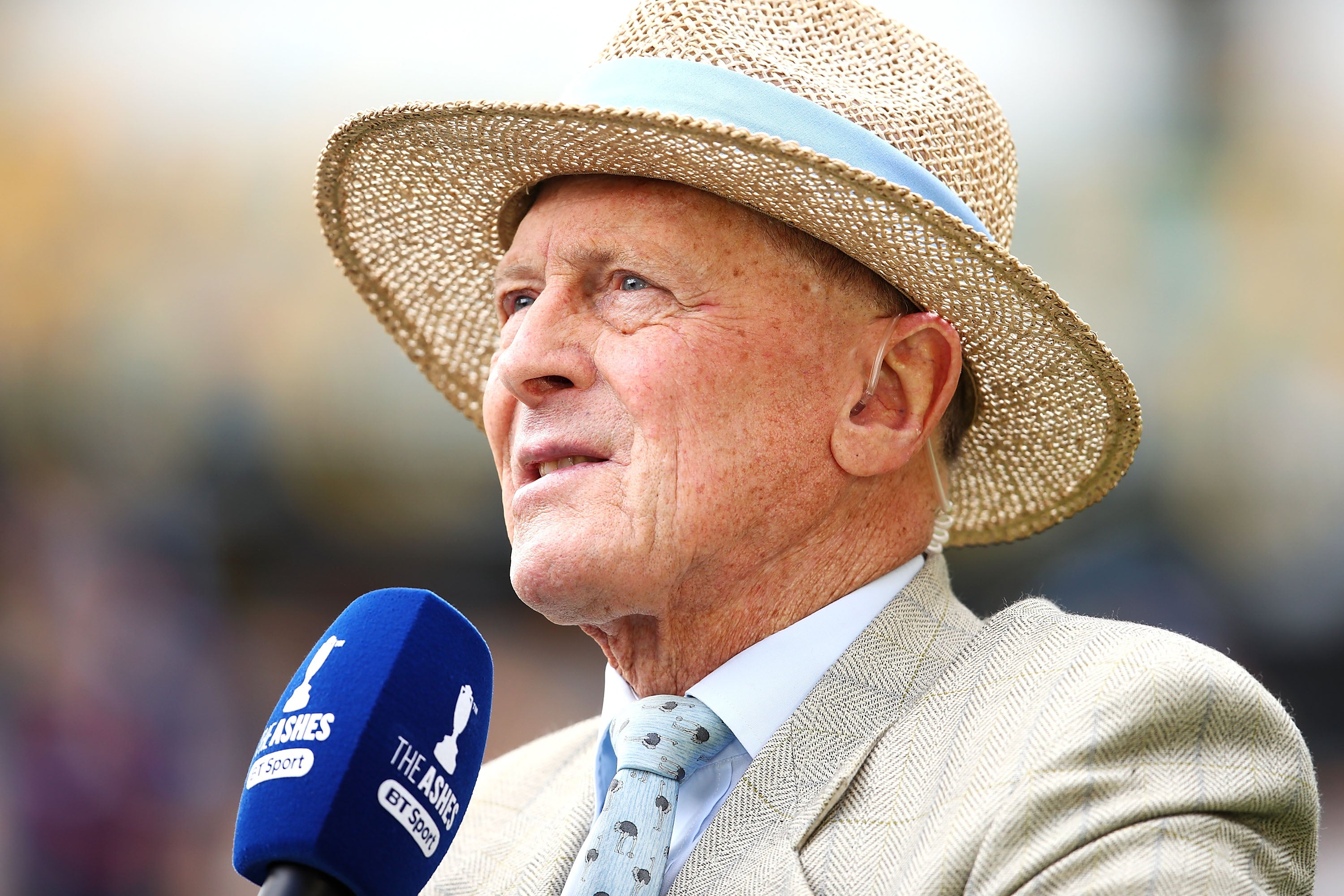Sir Geoffrey Boycott diagnosed with throat cancer for second time
The Yorkshire and England cricketing great says he will ‘hope for the best’ as he faces cancer two decades after first overcoming the disease

Your support helps us to tell the story
From reproductive rights to climate change to Big Tech, The Independent is on the ground when the story is developing. Whether it's investigating the financials of Elon Musk's pro-Trump PAC or producing our latest documentary, 'The A Word', which shines a light on the American women fighting for reproductive rights, we know how important it is to parse out the facts from the messaging.
At such a critical moment in US history, we need reporters on the ground. Your donation allows us to keep sending journalists to speak to both sides of the story.
The Independent is trusted by Americans across the entire political spectrum. And unlike many other quality news outlets, we choose not to lock Americans out of our reporting and analysis with paywalls. We believe quality journalism should be available to everyone, paid for by those who can afford it.
Your support makes all the difference.Sir Geoffrey Boycott has been diagnosed with cancer for a second time.
The England cricketing great first had throat cancer in 2002, and overcame the disease before resuming his career as a commentator. He also underwent quadruple bypass open heart surgery in 2018.
Now Boycott, 83, says the cancer has returned.
“In the last few weeks I have had an MRI Scan, CT Scan, a PET Scan and two biopsies and it has now been confirmed I have throat cancer and will require an operation.
“From past experience I realise that to overcome cancer a second time I will need excellent medical treatment and quite a bit of luck and even if the operation is successful every cancer patient knows they have to live with the possibility of it returning.
“So I will just get on with it and hope for the best.”
Boycott was one of Yorkshire and England’s most prolific opening batsmen. At the time of his retirement from cricket in 1986, he had amassed 8,114 Test runs – the first player to pass that milestone – in 108 appearances.
He retired from the BBC’s iconic Test Match Special in 2020 after 14 years working on the programme.
Join our commenting forum
Join thought-provoking conversations, follow other Independent readers and see their replies
Comments